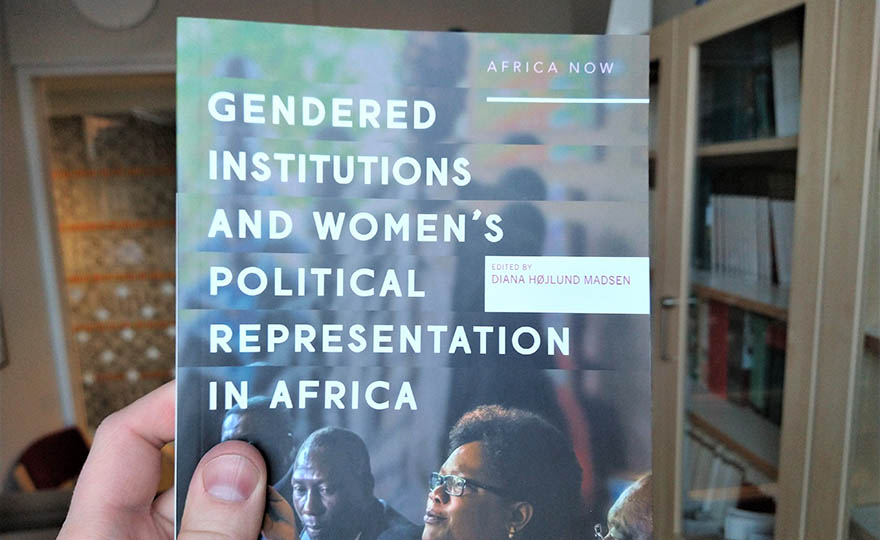Gendered Institutions and Women’s Political Representation in Africa

During the course of the last three decades efforts of democratisation and institutional reforms has characterised the African continent including demands for gender equality and women’s political representation. As a result, some countries have introduced affirmative action measures either in the aftermath of conflicts or as part of broader constitutional reforms whereas others are falling behind this fast track to women’s political representation.
On this background the new book ‘Gendered Institutions and Women’s Political Representation in Africa External link, opens in new window.’ aims at explaining the uneven developments on the continent with selected case studies of both the ‘success cases’ and the less successful cases from different regions.
External link, opens in new window.’ aims at explaining the uneven developments on the continent with selected case studies of both the ‘success cases’ and the less successful cases from different regions.
Watch the recorded webinar here:
The editor and the authors of the book discusses in relation to the eight country contexts (South Africa, Zimbabwe, Botswana, Malawi, Tanzania, Kenya, Nigeria and Ghana):
- Why have women’s political representation developed so unevenly?
- Which formal and informal institutions are influencing women’s political representation in an African context?
- How do they interact?
- How do processes of gender and institutional change on women’s political representation take place in an African context?
- And how could an African feminist institutionalism be characterised
Comments for the book will be given by Josephine Ahikire, Associate Professor, Makerere University.
This event may be photographed and/or filmed, due to our public service mission. Please inform us if you object to this.
